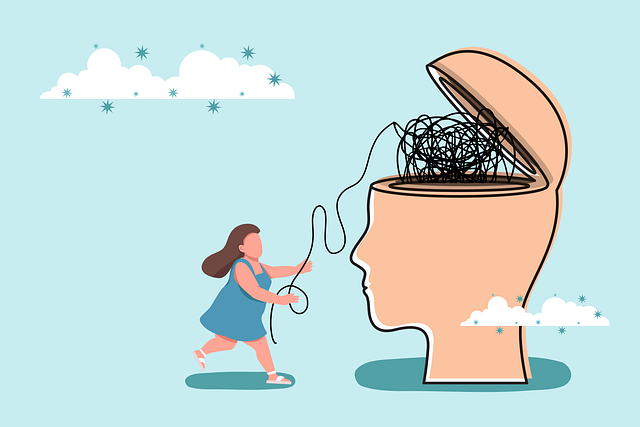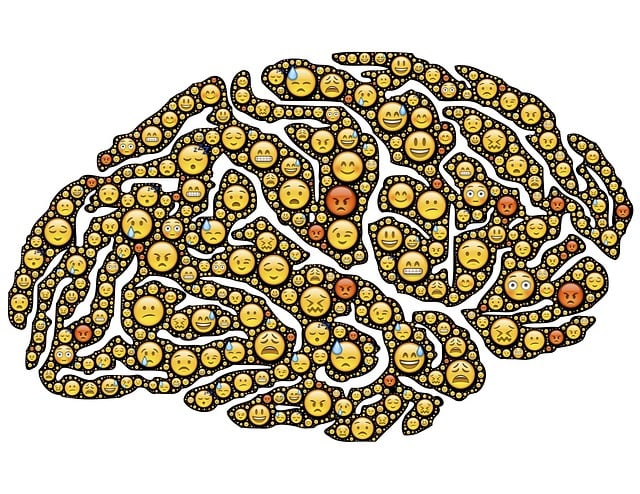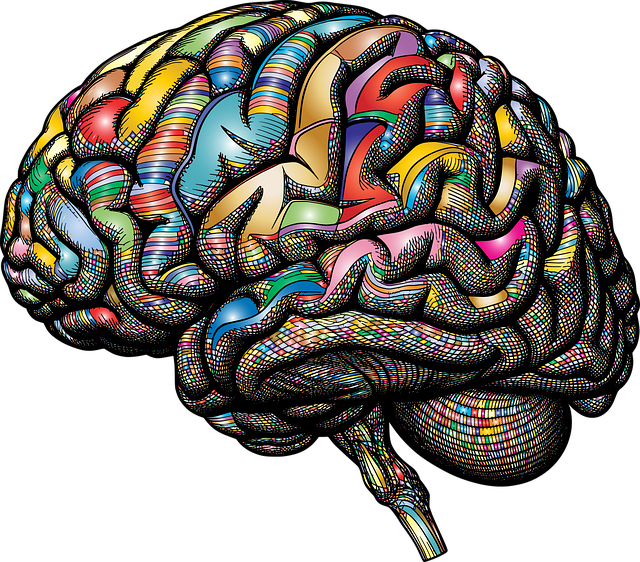Mental health policies prioritizing Therapy for Young Children Adjustment Disorder are crucial for supporting early childhood well-being. By increasing awareness, these policies ensure timely access to evidence-based therapies like play therapy, CBT, and mindfulness practices, addressing the impact on academic performance and social interactions. Through advocacy, community education, and healthcare provider training, we can foster proactive support systems, reduce stigma, and create resilient communities. Successful implementations in Denmark and Australia demonstrate the transformative power of integrated mental health services for young minds.
Mental health policies play a pivotal role in shaping the well-being of young children, especially those struggling with adjustment disorders. This article delves into the intricate relationship between mental health policy and its profound impact on vulnerable kids. We explore effective therapy approaches tailored to address adjustment disorder, highlighting the importance of early intervention. Additionally, we present advocacy strategies aimed at enhancing access to crucial services. Through real-world case studies, we illustrate successful mental health policy implementations and their positive effects, emphasizing the potential for transformative change in pediatric mental healthcare.
- Understanding Mental Health Policy and Its Impact on Young Children
- Identifying Therapy Approaches for Adjustment Disorder in Kids
- Advocacy Strategies to Improve Access to Early Intervention Services
- Case Studies: Successful Mental Health Policy Implementations and Their Effects
Understanding Mental Health Policy and Its Impact on Young Children

Mental health policies play a pivotal role in shaping the well-being and development of young children. Understanding the intricate relationship between mental health and early childhood is essential to creating effective support systems. Mental wellness in kids lays the foundation for their overall growth, cognitive abilities, and social interactions. Unfortunately, many young individuals struggle with mental health issues, including Adjustment Disorder, which can significantly impact their daily lives and future prospects if left unaddressed.
Policy interventions aimed at increasing Mental Health Awareness among parents and caregivers are crucial steps towards ensuring timely access to therapy for Young Children with adjustment disorders. By promoting Mind Over Matter principles, these policies can foster a supportive environment where mental health is prioritized. This proactive approach has the potential to revolutionize the lives of vulnerable children, offering them the necessary tools to navigate challenges and thrive in their personal and academic journeys.
Identifying Therapy Approaches for Adjustment Disorder in Kids

Identifying effective therapy approaches for adjustment disorder in young children is a critical aspect of mental health policy and advocacy. This common yet often overlooked condition can significantly impact a child’s ability to cope with life’s challenges, affecting their academic performance, social interactions, and overall well-being. Early intervention is key; therapy should focus on developing resilient coping strategies tailored to each child’s unique needs.
Play therapy, cognitive-behavioral therapy (CBT), and mindfulness practices have shown promise in treating adjustment disorder. Play therapy provides a safe space for children to express their emotions through play, helping them process traumatic experiences or stressful life events. CBT equips kids with practical tools to manage negative thoughts and behaviors. Meanwhile, teaching emotional intelligence through mindfulness techniques empowers young individuals to recognize and regulate their feelings, fostering better self-awareness and stress management skills. Public awareness campaigns and healthcare provider cultural competency training can further ensure these evidence-based therapies are accessible and culturally sensitive for all children affected by adjustment disorder.
Advocacy Strategies to Improve Access to Early Intervention Services

Advocacy plays a pivotal role in shaping mental health policies, especially when aiming to improve access to early intervention services for young children facing adjustment disorders. One effective strategy is raising awareness about the importance of therapy at an early stage. This involves educating parents, caregivers, and educators on recognizing signs of emotional distress and the benefits of timely intervention. By emphasizing the long-term positive outcomes of therapy for young children, advocates can encourage proactive seeking of professional support.
Organizing community events, such as Stress Management Workshops or inner strength development programs, can be powerful tools to engage families and promote mental wellness. These initiatives not only provide practical skills but also foster a sense of collective responsibility in supporting young minds. Additionally, advocating for burnout prevention strategies specifically tailored for healthcare providers who work with children is essential. By ensuring the well-being of these professionals, we can sustain a robust network of care, enabling effective long-term management of adjustment disorders and related mental health concerns.
Case Studies: Successful Mental Health Policy Implementations and Their Effects

Successful mental health policy implementations have proven to be transformative, offering invaluable insights into effective strategies for fostering robust psychological well-being. Case studies from various regions highlight innovative approaches that have significantly improved access to essential services. For instance, countries like Denmark and Australia have implemented comprehensive national strategies integrating therapy for young children with adjustment disorders, coupled with robust mental health education programs designed to normalize conversations about emotional health at an early age. These initiatives have led to reduced stigma and increased awareness, enabling timely interventions.
Additionally, these successful policies emphasize the importance of burnout prevention strategies for healthcare providers, ensuring that front-line workers in the mental health sector remain resilient and effective. The integration of trauma support services within these frameworks has also been pivotal, addressing the complex needs of individuals who have experienced adverse events, thereby fostering holistic recovery. Such models not only enhance individual well-being but also contribute to building stronger, more resilient communities.
Mental health policy analysis reveals that addressing adjustment disorders in young children through targeted therapy can significantly improve their overall well-being. By implementing effective advocacy strategies, we can enhance access to early intervention services, ensuring these crucial support systems reach the most vulnerable populations. Case studies highlight successful policy implementations, demonstrating the positive impact on mental health outcomes for kids suffering from adjustment disorders. Focusing on evidence-based practices and policy reforms is essential to providing quality therapy for young children and fostering healthier communities.














